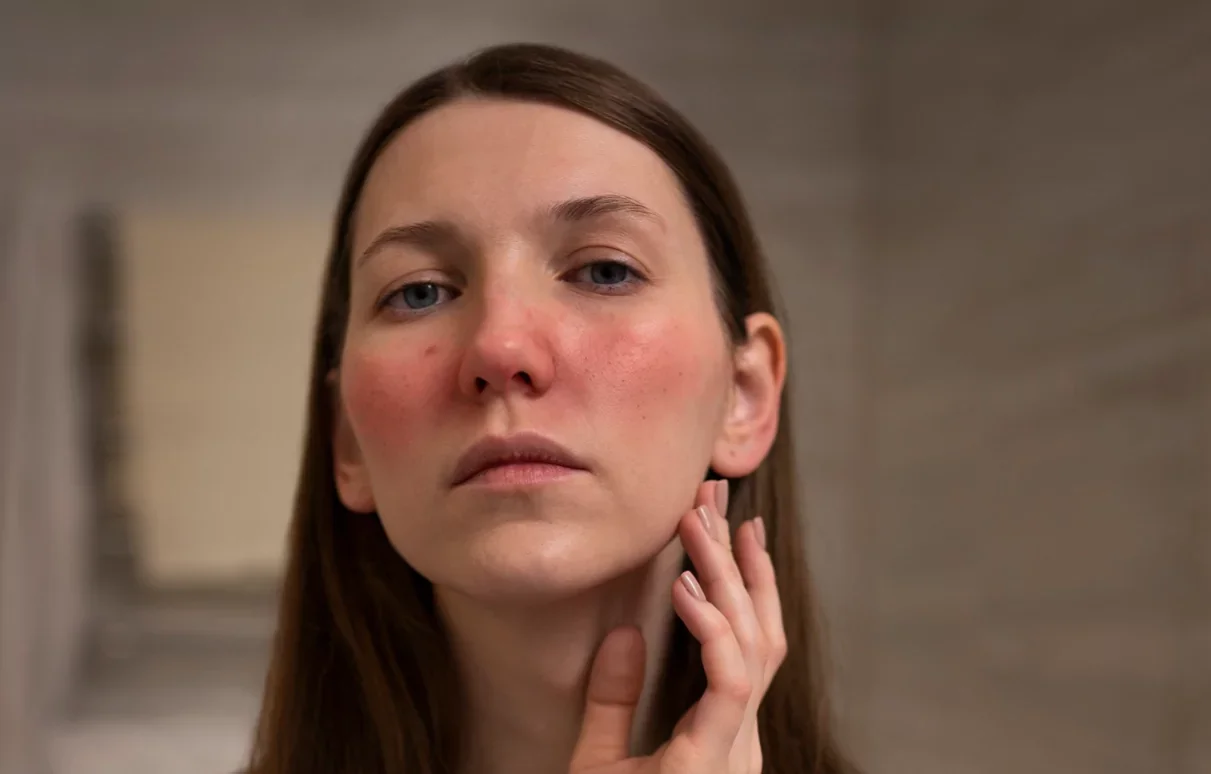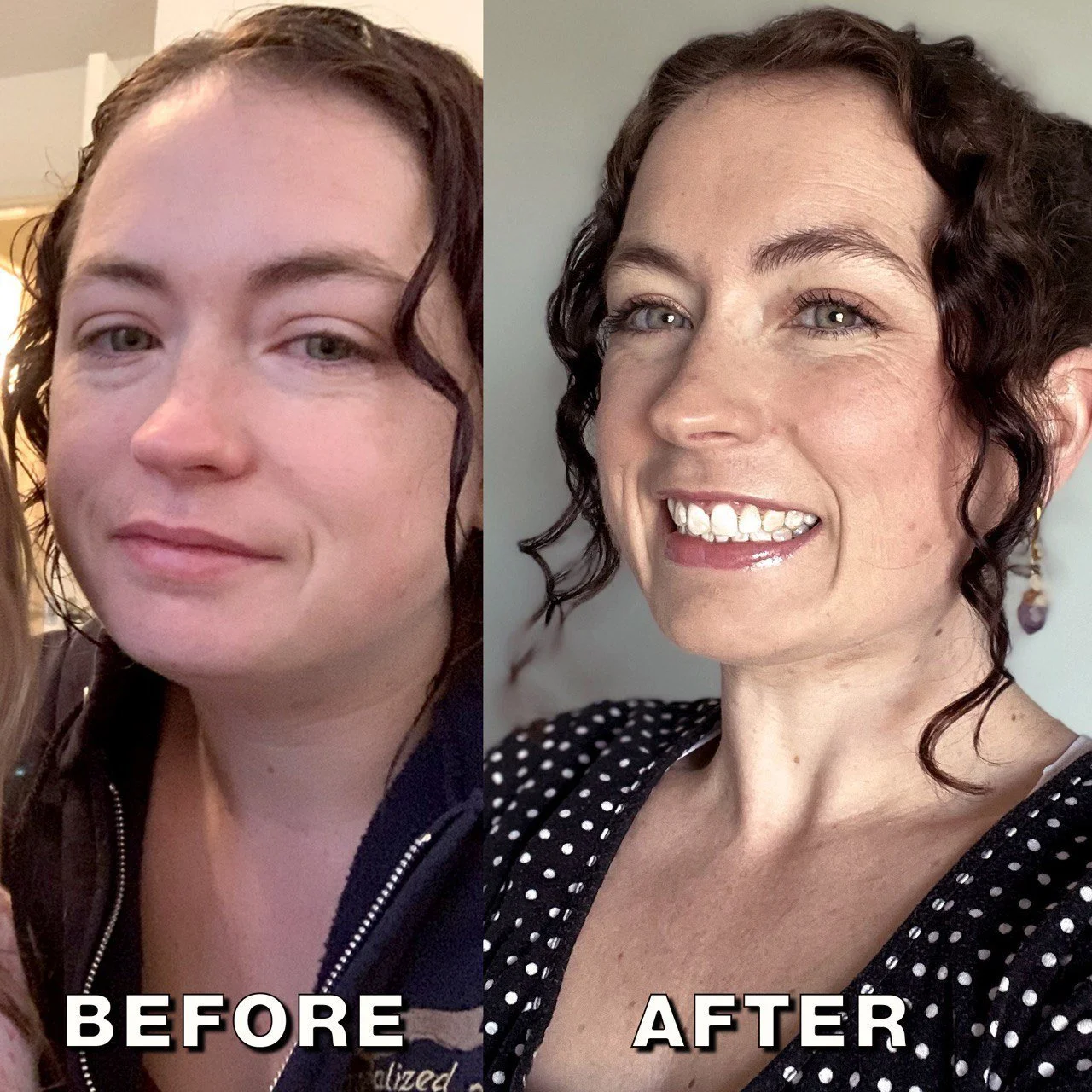Alcohol: What Is It Really Doing to Your Body? (Part 2)
Pancreas, gut, and the microbiome
Pancreatitis: heavy alcohol use is a major cause of acute and chronic pancreatitis.
Gut barrier & microbiome: Alcohol increases intestinal permeability (“leaky gut”), alters microbiome composition, and allows inflammatory molecules (endotoxin) into circulation, promoting systemic inflammation and contributing to liver injury.
Immune system
Alcohol impairs both innate and adaptive immunity. Heavy use increases susceptibility to infections (e.g., pneumonia) and impairs wound healing.
We will do a deeper dive into alcohol, the immune system, and autoimmunty in the future. Stay tuned!
Hormones & the endocrine system
Alcohol disrupts multiple hormonal axes:
HPA axis: acutely raises cortisol, and chronic use dysregulates stress responses.
Sex hormones: alcohol can increase estrogen levels in women (linked to higher breast cancer risk) and reduce testosterone in men with heavy use (affecting libido and fertility).
Thyroid & metabolic hormones: can be disturbed especially with chronic heavy consumption.
These shifts explain effects on mood, fertility, menstrual cycles, and fat distribution.
Alcohol & cancer risk
Alcohol is classified as a carcinogen. It increases risk for several cancers: oral cavity, pharynx, larynx, esophagus, liver, colon and rectum, and breast. Risk generally rises with amount consumed. Even moderate drinking increases breast cancer risk.
Skin, appearance & aging
Dehydration: alcohol depletes water and key nutrients, leading to dull skin.
Inflammation and vascular effects: alcohol can worsen rosacea and cause broken capillaries and facial flushing.
Collagen & aging: alcohol-induced oxidative stress and nutrient depletion (vitamin A, C, zinc) can accelerate skin aging and wrinkle formation.
Sleep disruption from alcohol indirectly harms skin repair processes.
Aging, telomeres & epigenetics
Long-term heavy drinking is associated with markers of accelerated biological aging (telomere shortening, epigenetic age acceleration) — likely caused by chronic inflammation, oxidative stress, and impaired DNA repair.
Whole-body summary (systemic effects)
Alcohol impacts nearly every organ: brain, heart, liver, pancreas, gut, immune system, skin, reproductive organs — plus it raises cancer risk and accelerates signs of aging. The severity depends on dose, pattern (binge vs. steady), genetics, sex, age, body composition, comorbidities (obesity, viral hepatitis), and medications.
Why the “relaxation” trick backfires
The calming effects are short-term neurochemical changes (GABA, dopamine).
Repeated use builds tolerance — you need more to get the same effect.
Stopping can lead to rebound anxiety, insomnia and physiologic stress, which prompts more drinking — a vicious cycle.
Before and After Alcohol
How much alcohol is “safe”?
Public health guidance varies, but many authorities (NIAAA, CDC, WHO) recommend limiting consumption.
Common guidance for lower risk often cited: up to 1 standard drink per day for women and up to 2 for men on occasion — but “lower is safer,” and certain people should have none (pregnant people, those with liver disease, certain medications, history of addiction, or high cancer risk). Importantly, for cancer risk there may be no truly “safe” dose — risk increases with ANY amount.
A standard drink (U.S.) = 14 g pure alcohol ≈ 12 oz beer (5%), 5 oz wine (12%), or 1.5 oz distilled spirits (40%).
If you want to quit or cut back — practical support
Tapering vs cold stop: if you’ve been drinking heavily daily, do not stop cold without medical advice—withdrawal can be dangerous. Seek medical support.
Screening tools like AUDIT-C can help you gauge risk.
Therapies: cognitive behavioral therapy, motivational interviewing, and peer support (AA or other groups) are effective.
Lifestyle replacement: exercise, social activities, and habit rewiring help sustain change. Switch to drinking a warm tea or a fun mocktail instead!
Practical Q&A (quick reader FAQs)
Q: Is one glass of red wine per day healthy?
A: Evidence is mixed. Some observational studies previously suggested modest heart benefits, but those analyses are confounded and newer work emphasizes cancer risk. If you don’t drink, don’t for “health” and if you’re okay with giving up alcohol completely - it’s probably a smart move.
Q: Can antioxidants in wine offset the ethanol damage?
A: No. Beneficial compounds like polyphenols do not erase the harmful effects of ethanol.
Q: Does occasional drinking matter?
A: Occasional light drinking is lower risk than heavy or frequent drinking, but even small amounts raise certain risks (e.g., breast cancer).
Bottom line: what to take away
Alcohol delivers short-term relaxation via specific brain chemistry changes but carries short- and long-term costs across nearly every organ.
Risk grows with dose and frequency, but individual biology matters.
If you drink, do so mindfully: limit quantity, avoid bingeing, don’t use alcohol as a sleep aid, and take regular alcohol-free days.
If drinking is impacting your health, sleep, mood, relationships, or safety — get support. Stopping or reducing alcohol usually improves sleep, mood, skin, and metabolic health over weeks to months.
When to see a doctor
Get medical attention if you have:
Signs of liver disease (jaundice, abdominal swelling), unexplained persistent fatigue, or dark urine
Withdrawal symptoms (tremor, severe anxiety, confusion, seizures) after stopping heavy drinking
Recurrent binge drinking or inability to cut back
Concerns about drinking interactions with medications or pregnancies
Consider seeking the joy of a sober life!
References:
World Health Organization — alcohol fact sheets and global burden of disease analyses (alcohol and cancer / global risk).
U.S. Centers for Disease Control & Prevention (CDC) — Alcohol and Public Health resources.
National Institute on Alcohol Abuse and Alcoholism (NIAAA) — research reviews on alcohol metabolism, liver disease, and treatment.
The Lancet / Global Burden of Disease (2018) — analyses on alcohol and health burden.
Reviews on alcohol and sleep, liver disease, and cognitive effects in journals like Alcohol Research, Lancet Psychiatry, Hepatology, and Sleep Medicine Reviews.





